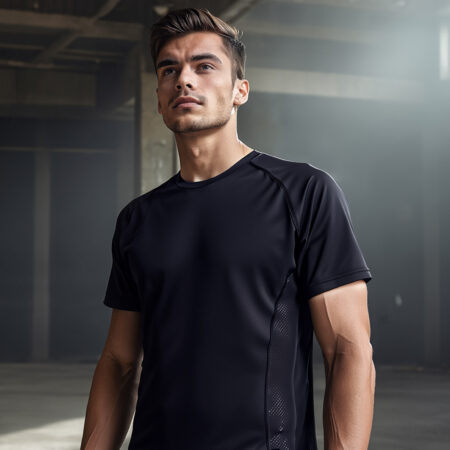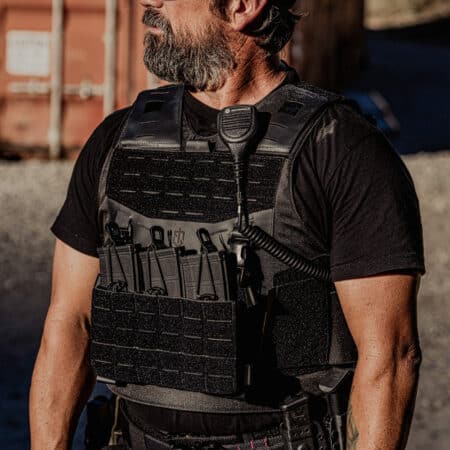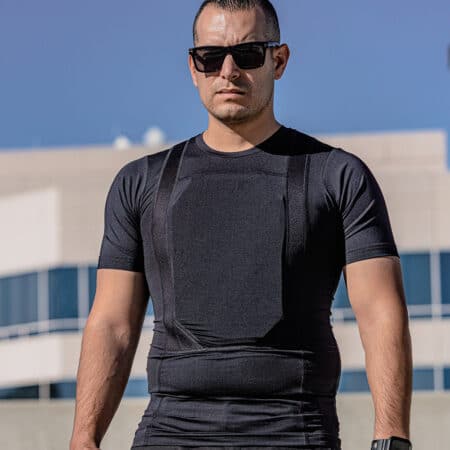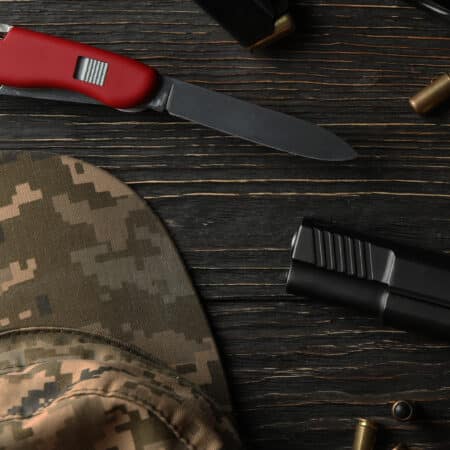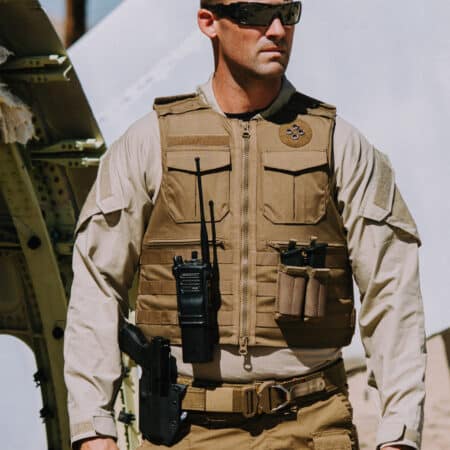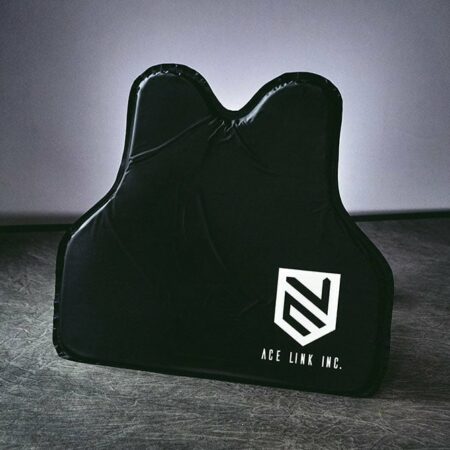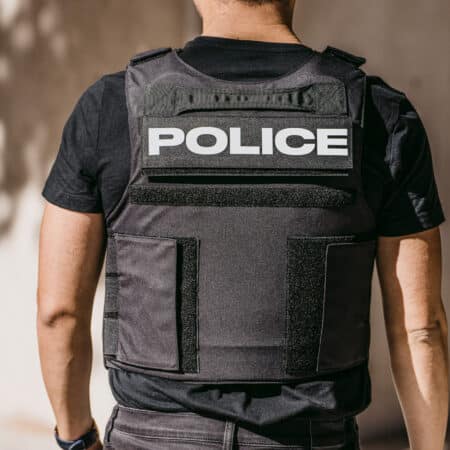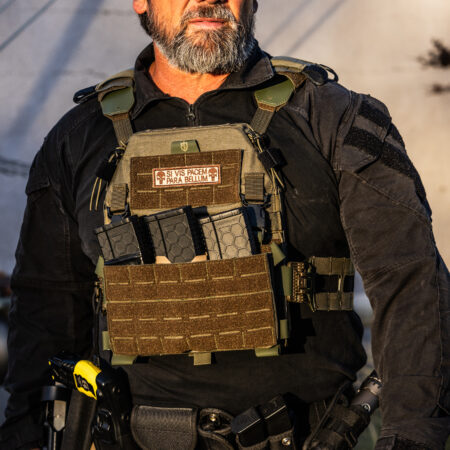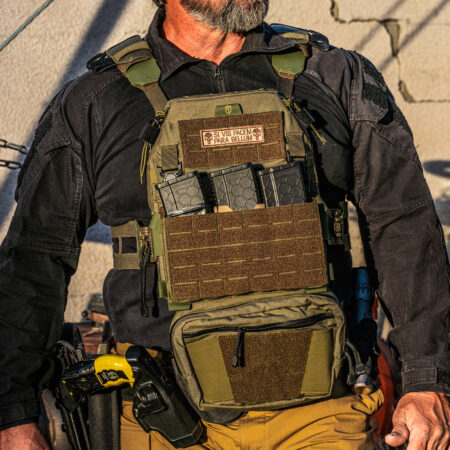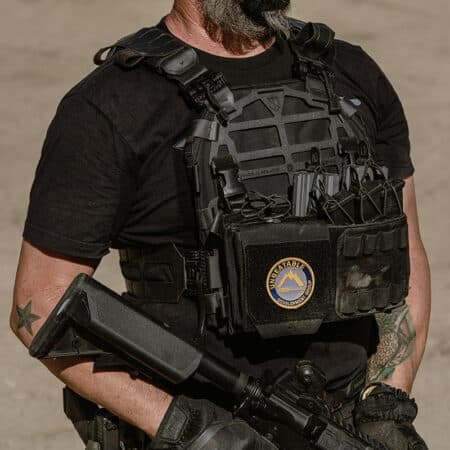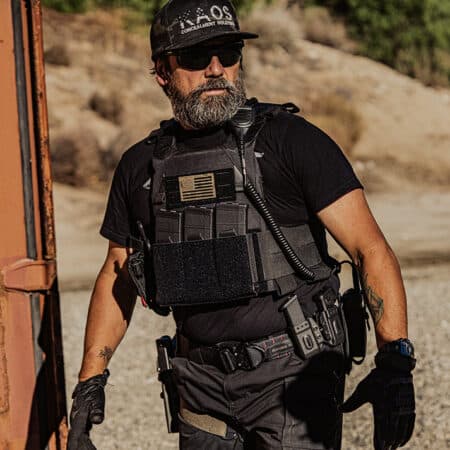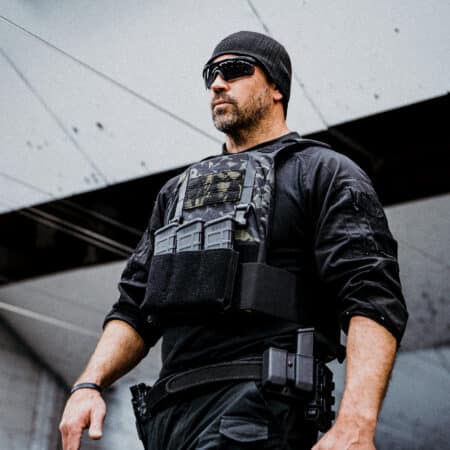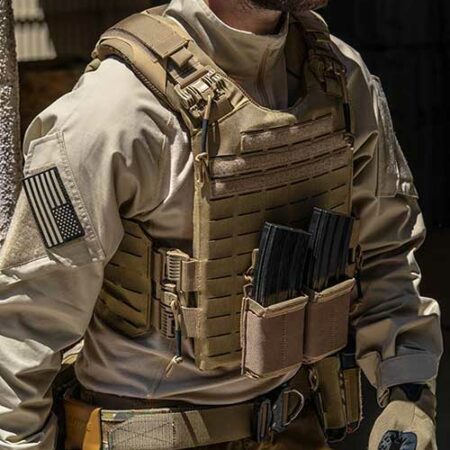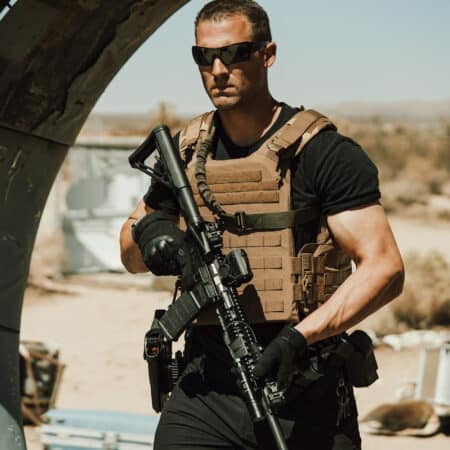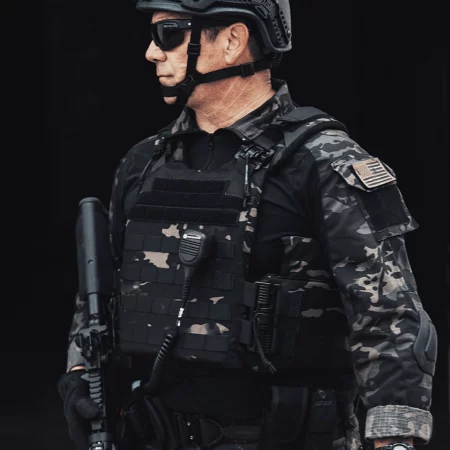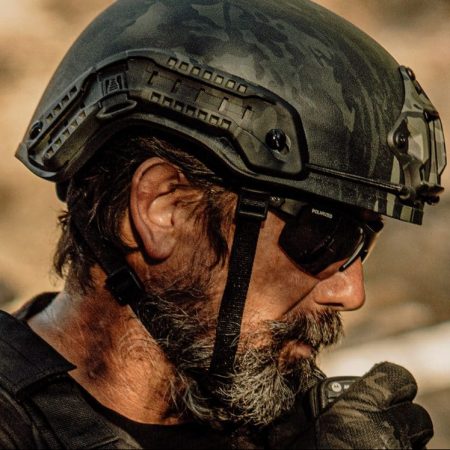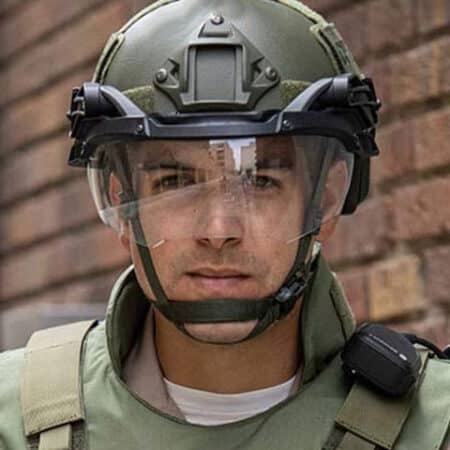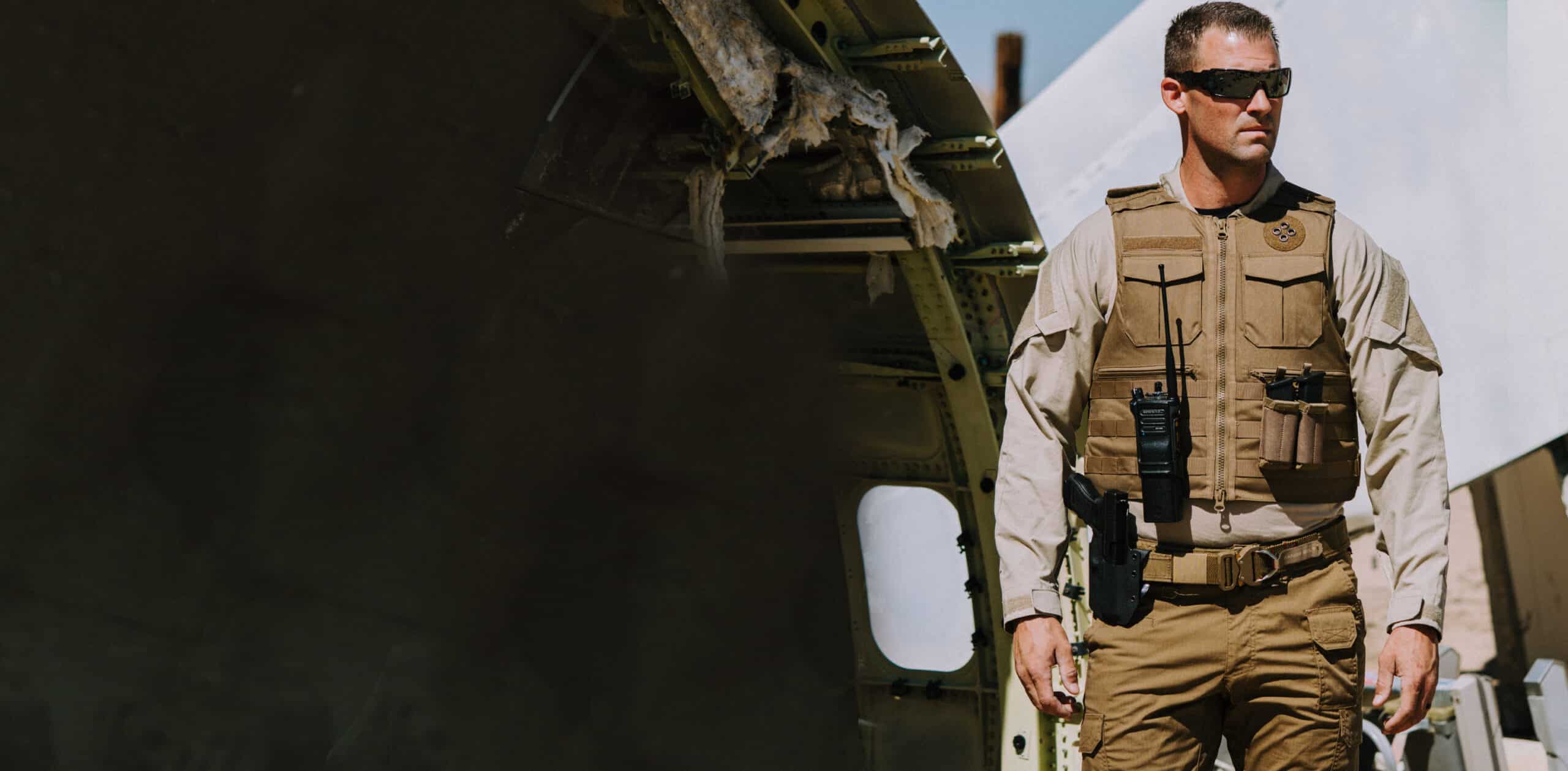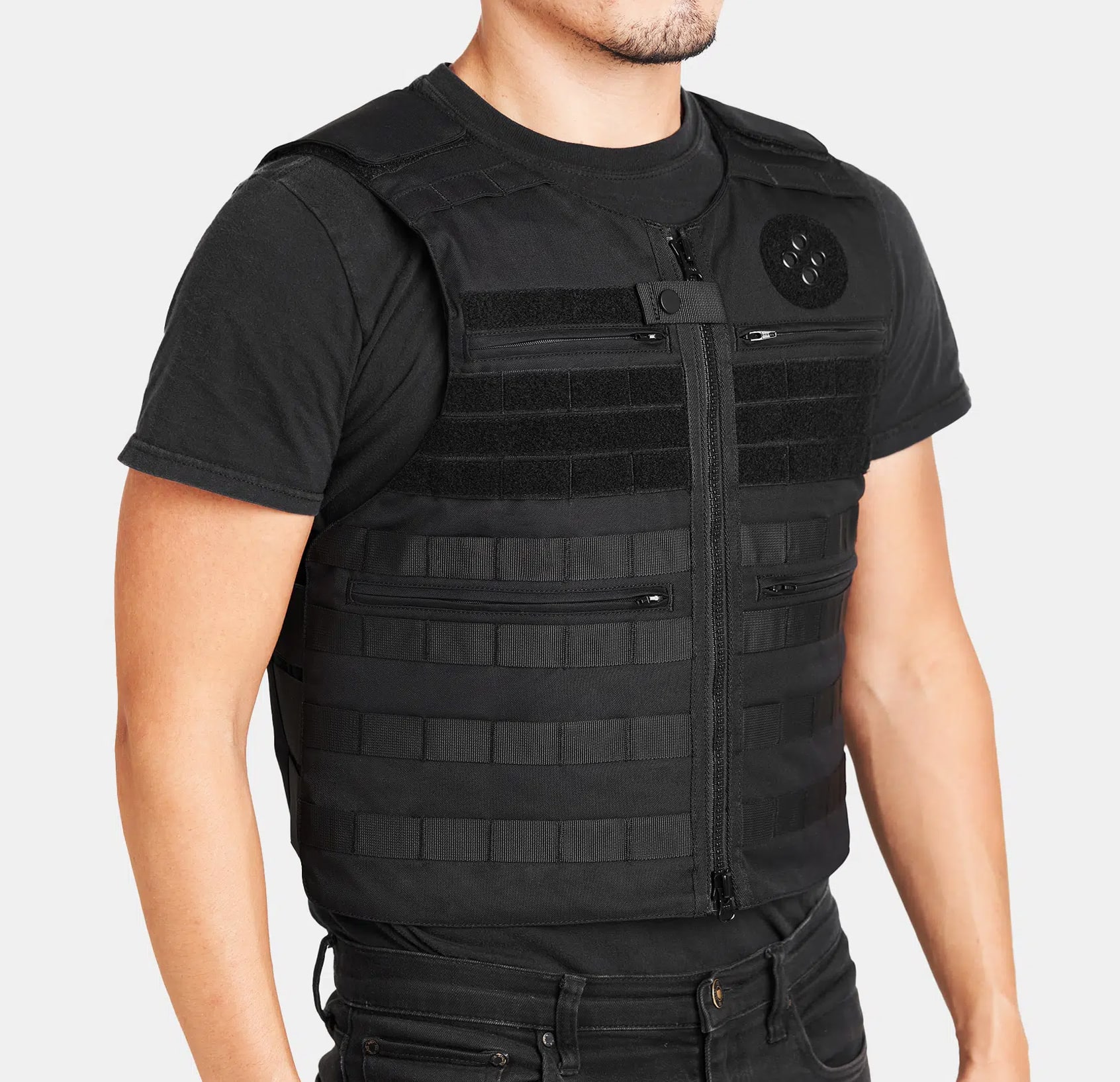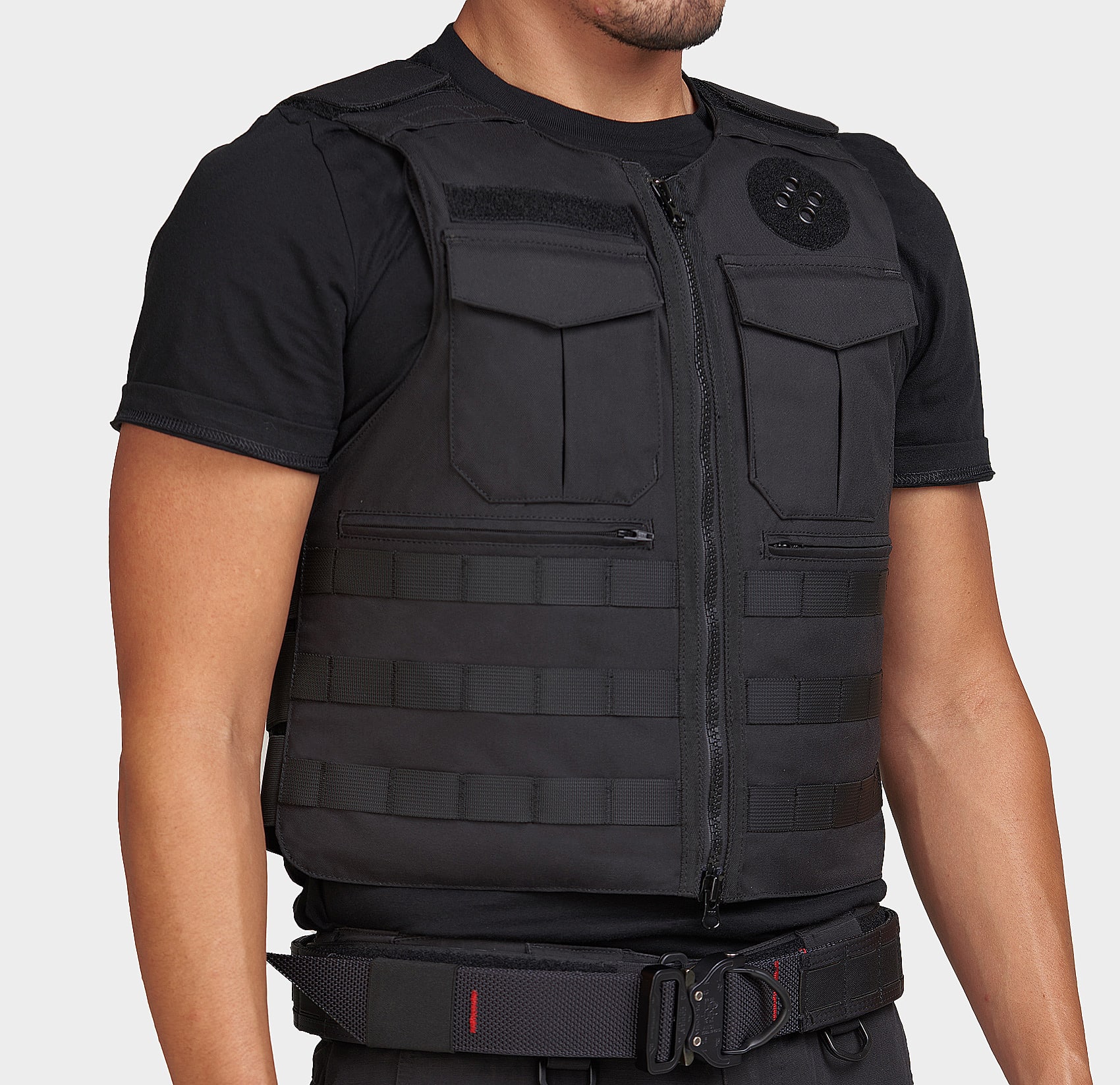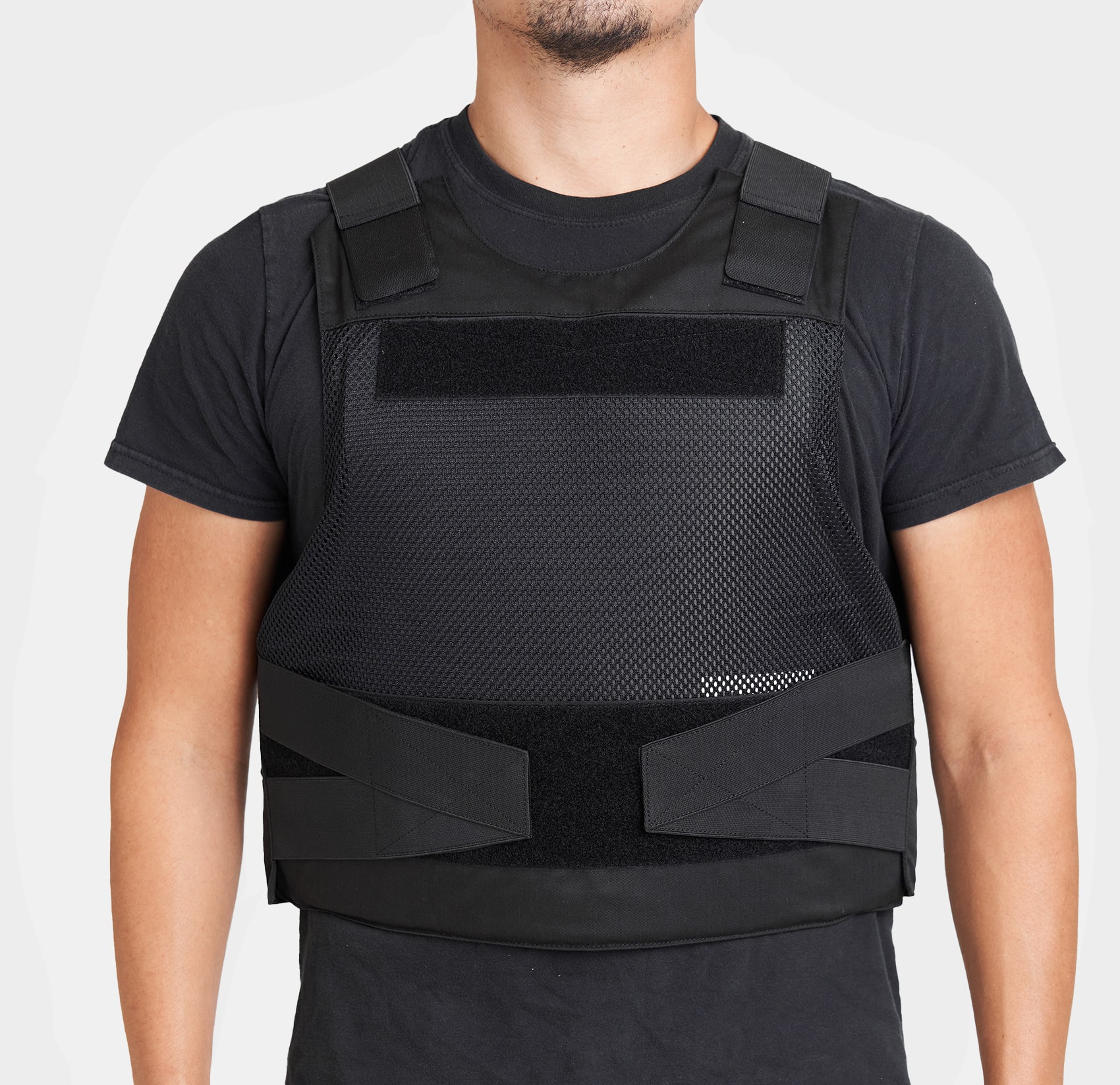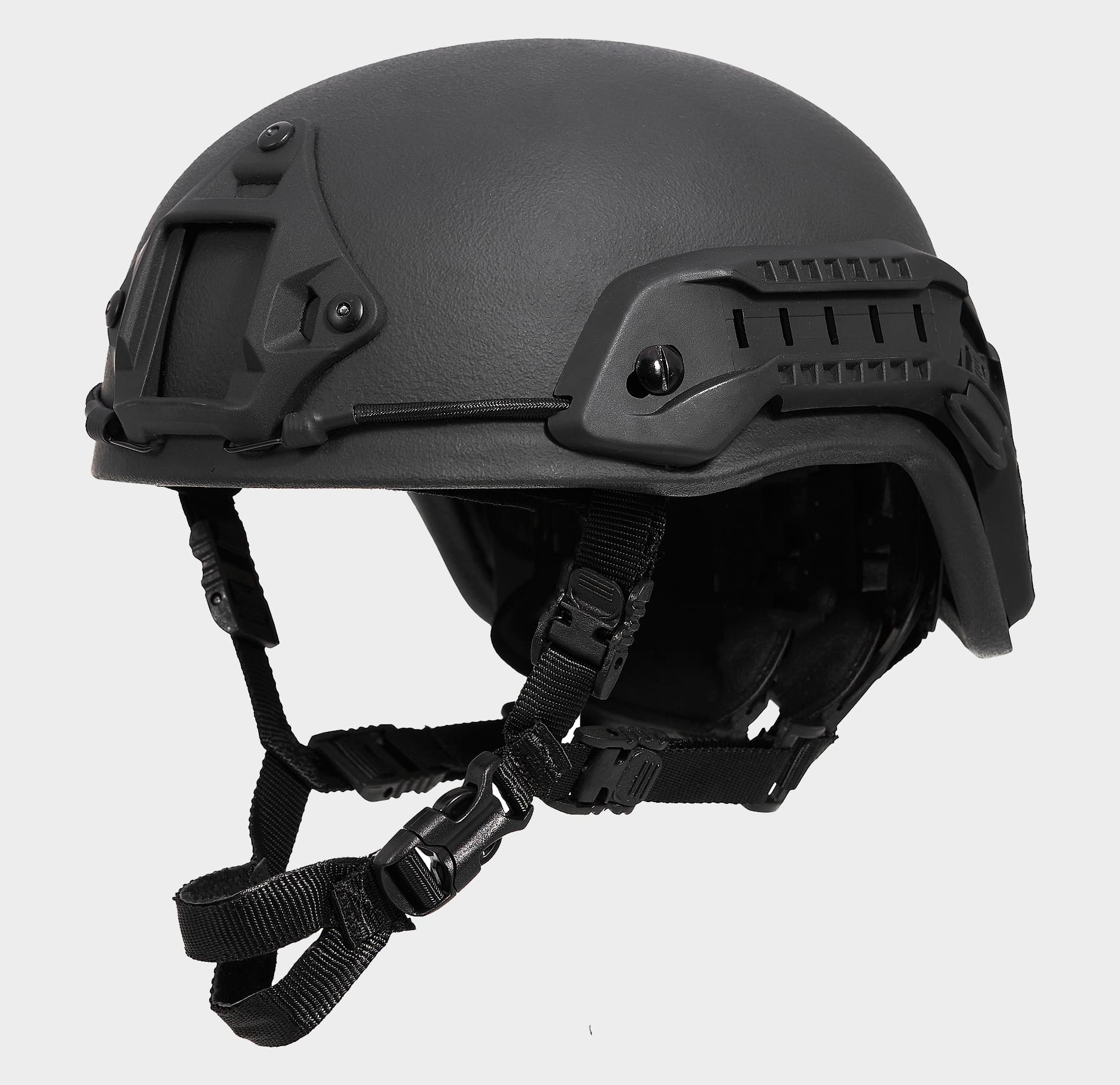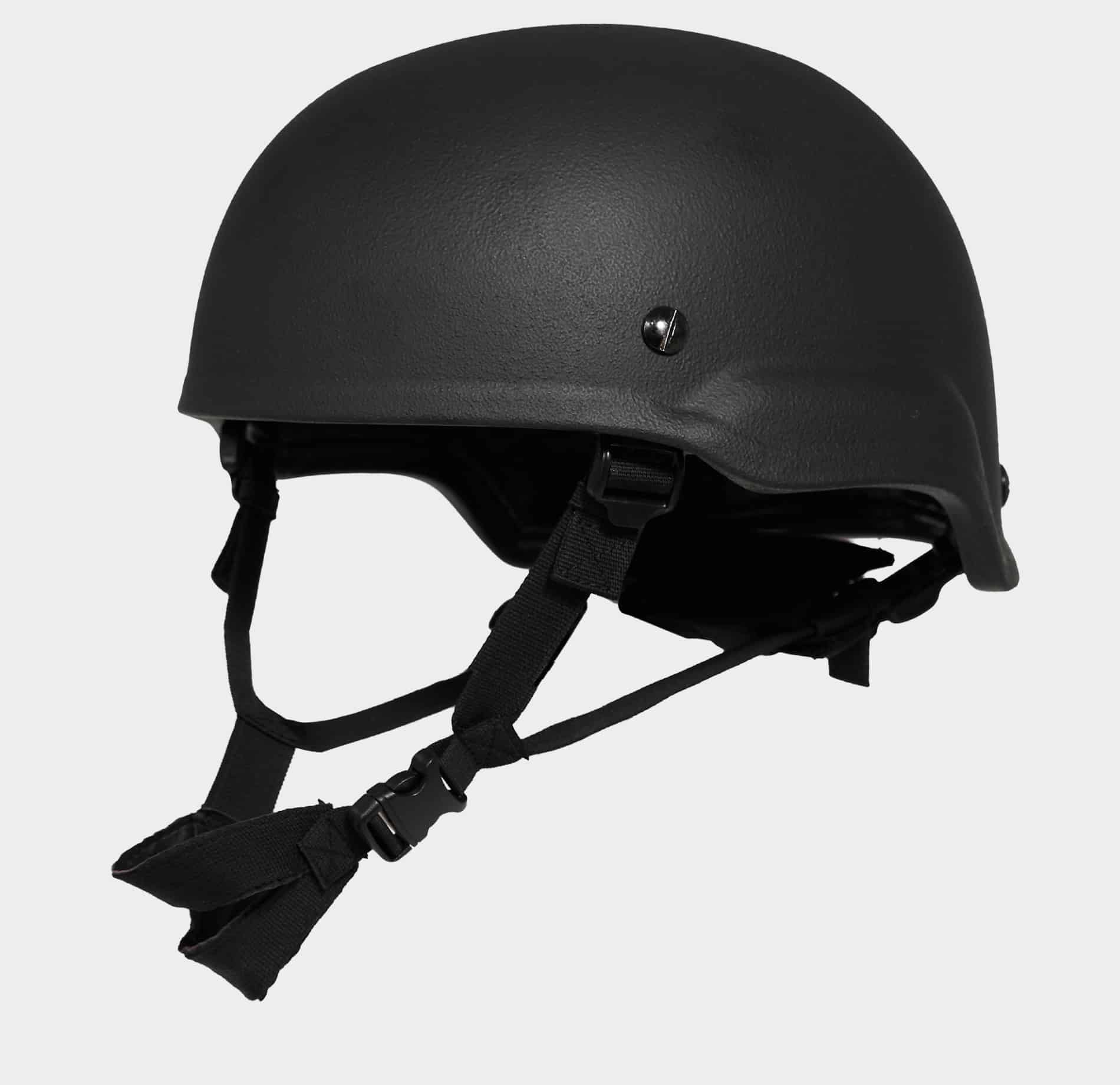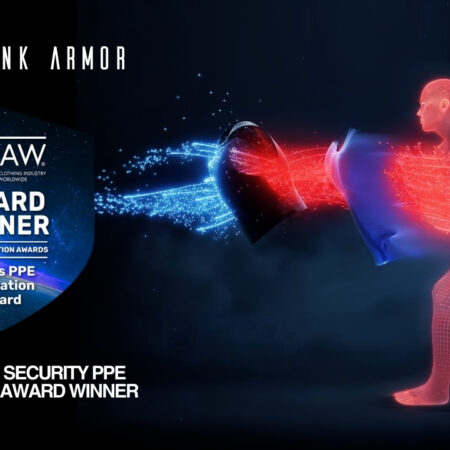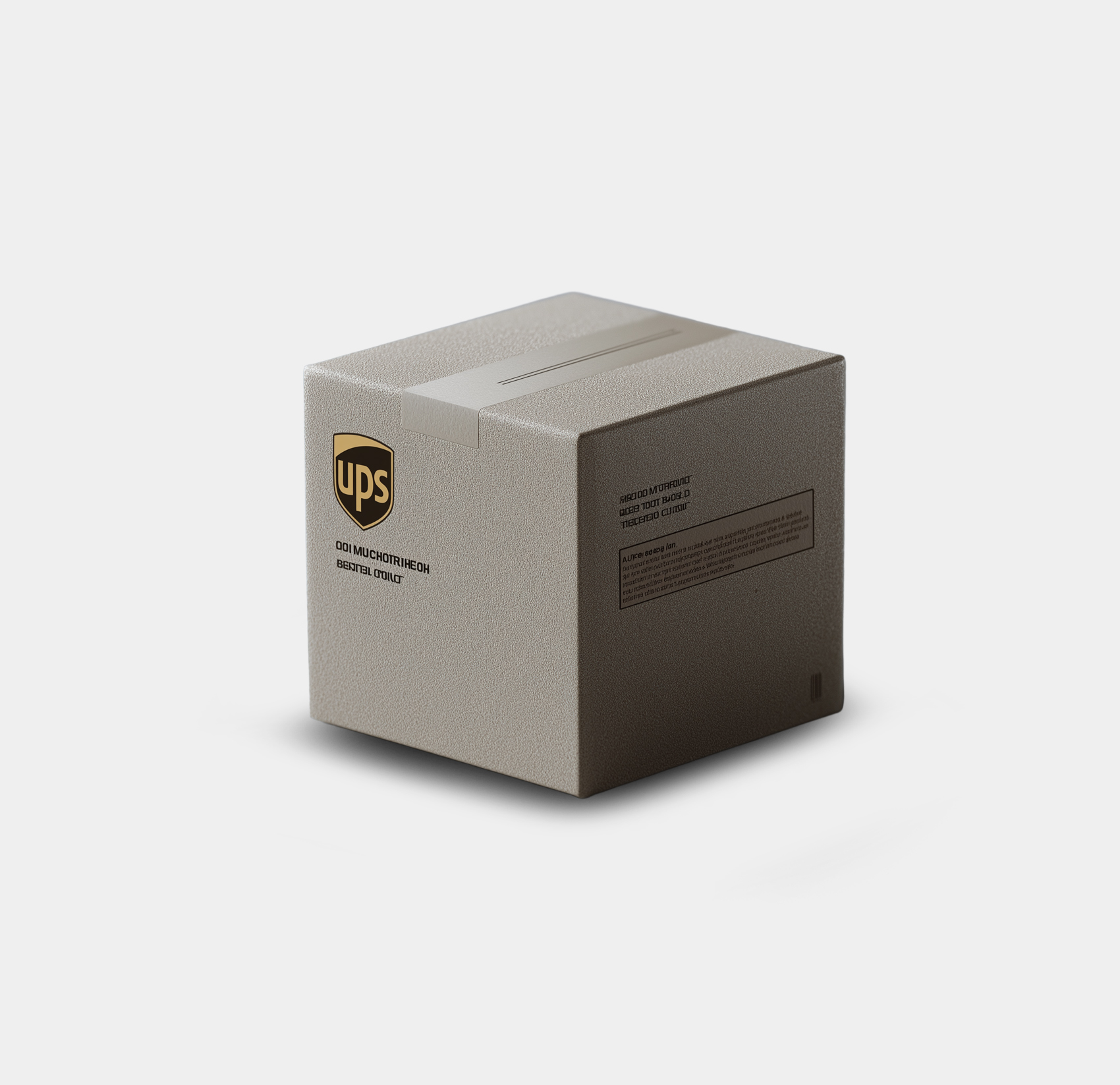It is no secret that our society would be at a complete loss without the hard work of our EMS and first responders. These people not only work hard to save lives, but they put their own lives on the line every single day in order to do so. Most people do not consider just how dangerous their jobs can be, and this is why various safety precautions are so important when it comes to EMS and first responders.
Threats to EMS and First Responders
The variety of threats that EMS and first responders are up against is almost too numerous to list. Not only are their jobs difficult as is, but they could potentially be walking into life-threatening work conditions at any time. These amazing men and women can be exposed to dangerous substances and drugs and the crazed individuals that have them, vehicle accidents, fires, natural disasters, terrorist attacks, and a never-ending supply of people who could potentially wish to do them harm.
EMS/FR Essential Equipment
Because of all of the potential threats that EMS and first responders may come up against, they do have some essential equipment that they have with them to be better prepared. This not only includes all of their gear to do their job (first aid and trauma kits) but things such as gloves, boots, specialized clothing, and flashlights. These things can help to protect against some of the more minor threats that they may face, but in the event of more dangerous situations a little more protection might be required.
Body Armor for EMS/FR
This is where body armor for EMS and first responders can come into play. These people are some of the first to respond to the scene in dangerous events, so they can be directly exposed to stray bullets, knives, explosions, and fragmentation. While these situations are definitely the exception and not a threat during every work day, they happen fairly often in today’s world and body armor can help bridge that gap in their gear list to help provide better protection and safety. This is why body armor is now a must-have piece of gear for any EMS or first responder due to the unpredictability of the job these days.
Types of Body Armor for EMS/FR
Of course, there are many different types of body armor, and some might serve different purposes for different organizations and people. Depending on the types of threats that they might be up against, there are plenty of great options out there.
Bulletproof Vests
When most people think of body armor, they instantly think of bulletproof vests. This type of armor can be great for those who are going to a situation where there might have been an active shooting or where there is a potential to run into firearms. Bulletproof vests are also a great option for stopping fragmentation and impacts from blunt objects.
Stabproof Vests
Stabproof vests may not be able to stop bullets, but they do stop sharp objects and help cushion the impact of blows from objects. EMS and other first responders have a much higher chance of encountering these things, making stabproof vests an excellent choice to have. They can also provide some cushion and protection against impacts and are much more comfortable and lightweight than most bulletproof vests.
Ballistic Helmets
While not all first responders will need a ballistic helmet, it could be incredibly useful in very dangerous situations. Helmets do an excellent job of protecting your head against fragments in the case of an explosion. In situations where explosions could be relevant, a ballistic helmet is a great tool to have in the arsenal!
Tactical Belt
While not considered armor, a tactical belt is one of the best tools to have when it comes to equipment. A good belt is invaluable, and will not only serve to hold your pants up but can comfortably hold all of your other gear and equipment as well.
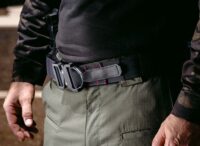
ACE LINK ARMOR RANGE BELT
The Range Belt can be deployed as a load-bearing battle-belt system able to mount tactical holster, magazine holders, radio communications, tactical torch light pouch, IFAKs, etc. by utilizing the Range Belt’s two rows of laser cut slots along the belt’s outer surface to secure equipment using MOLLE straps.
Made of heavy-duty but lightweight tactical nylon webbing, the Range Belt is handmade and assembled with European stitching, craftsmanship, and attention to detail.
Importance of High Visibility Markings and Clothing
Last but not least, an important aspect when it comes to gear or clothing is having those that are marked with high visibility markings or clothing that is designed to be easily seen. First responders are there to help people, but by putting themselves in dangerous situations, it pays to have high vis markings and clothing to help see and identify them.



